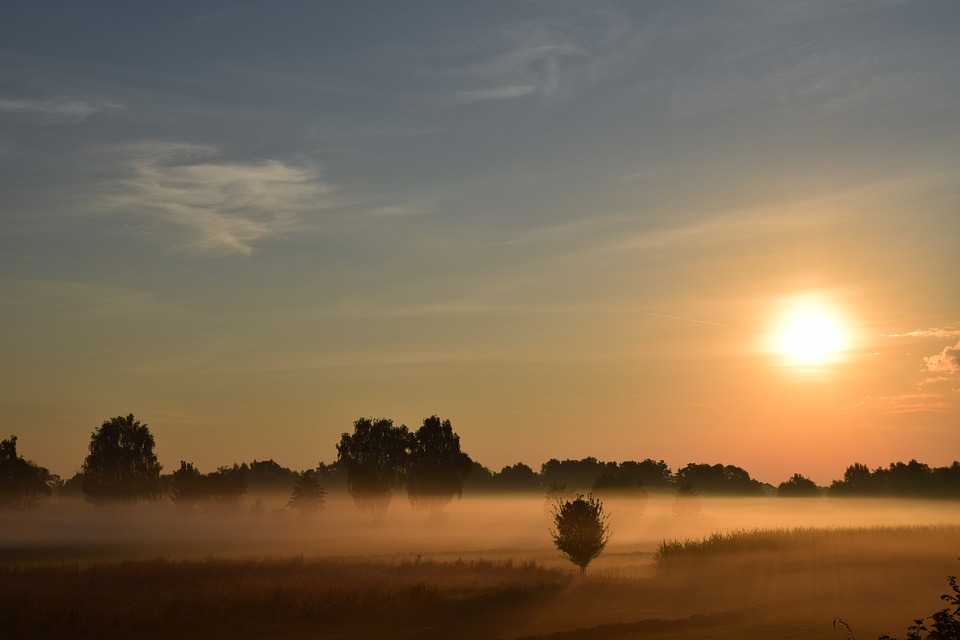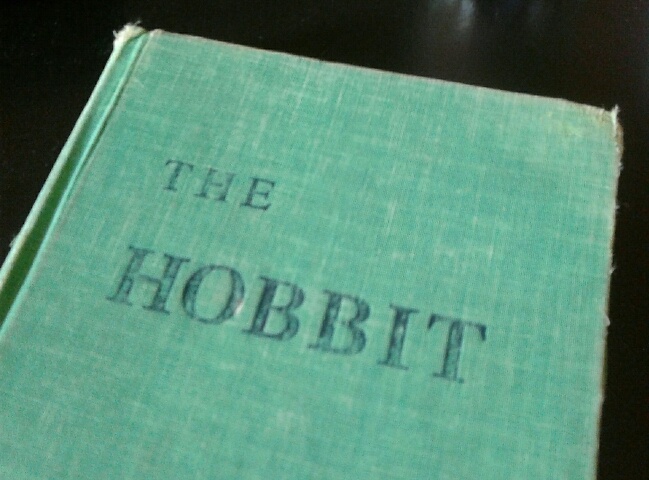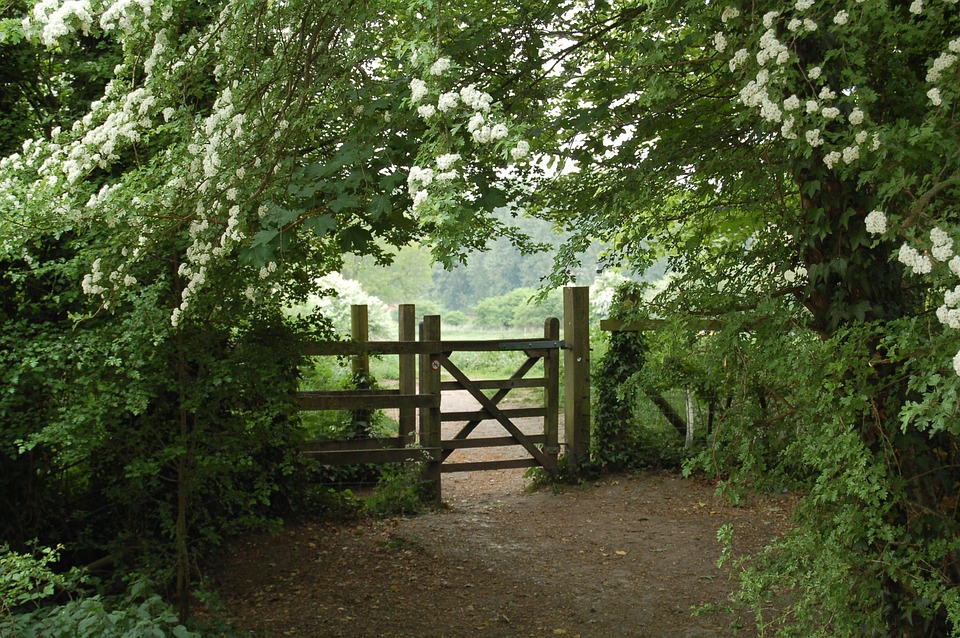
the Third Sunday after Pentecost
June 21st, 2020
Happy Father’s Day
Today’s readings are:
Genesis 21:8-21
Psalm 86:1-10, 16-17
Romans 6:1b-11
Matthew 10:24-39
If you don’t have a Bible handy, you can click here to access these readings.
Back in late March, I saw a meme on Facebook. It was a little picture of a far road, and there were chickens all running across it. The road was thick with them, and they were all rushing out in the same direction. And the little caption was, “what we’ll look like the day quarantine is over.”
And I thought, yup, probably. We’ll all be rushing back to our normal lives with this dire thirst. It will be like a dinner bell rung for a troop of hungry children, or like the start of the Belmont Stakes, where all the doors are suddenly flung open and a dozen or more horses and their riders rush out onto the track. It’ll be pandemonium!
And in some ways, yeah, it has been; but in others, not. We here at St. James, and at many of the churches in Coquille, are taking it slow. We’re being cautious and thoughtful. There are some people here in the church building, and there’s a camera here for people to continue to watch at home. We’re celebrating the Lord our God in Morning Prayer. We’re building things up, slowly. We’re taking baby steps. We’re looking towards the time when we can all join together again and celebrate the Eucharist, but we’re taking our time. And we’re trying, oh we’re trying so hard, to be patient.
As Christians, and especially as Christians who worship God in the liturgy and through the Church Year, we know about patience. I mean, we just got finished with Lent a little bit ago. And we know what it means to wait upon the Lord. Jesus is coming back, sometime, but the man himself told us that we won’t know when. -You’ve got more than enough to do already- Jesus said. -Heal the sick, proclaim the Good News, be good to one another. Don’t worry about when I’m coming back. Be patient. Take it easy. Chill out.-
But asking you all to be patient might be kinda like asking poor Hagar to be patient. Hagar, who was cast out from all she knew, thrown into the wilderness with only a bit of water and bread, all on her own in a world that doesn’t treat women on their own too kindly. We may feel: yeah, patience is fine for Lent, or for Advent, but what about now? Times are rough. I don’t want baby steps. I want that well of water God shows to Hagar. I want our usual life back. I want salvation now.
Now, we’re not exactly Hagar, but we can learn a lot from her. One, we can see that things that we do have. We have ample food and water. Our church community is pretty healthy. Coquille is a pretty safe place when compared to the rest of the world, and even for those online who aren’t living in Coquille, we have doctors, nurses, and medical staff working around the clock to help us. We’re in pretty decent shape, and we have a lot to be thankful for.
There is something else, though, that we can learn from Hagar and her story, and that is that patience is not something we muster on our own. Christian patience, like all true things in life, is sharing in the life of God. Patience isn’t just another way to say ‘grin and bear it’. Patience isn’t setting a firm jaw against adversity. Patience is a lot less about our muscles and a lot more about opening our eyes to the life of God around us. Patience is much less about saying, “I just can’t wait until Jesus comes” and a lot more about asking God, “Show me your life that is all around me.”
St. Paul says it well in his letter to the Romans: we’re not shackled to sin anymore. Sins all around us, and we often fall into it, but sin and death isn’t our lord and master anymore. God is. Jesus is. Jesus died to sin once and for all; he is now alive to God. And we, through faith and our baptism in God’s name, we’re linked up to that life. We’re submerged into it. That life is the air we breathe, the blood coursing through our bodies. It’s the language we Christians speak (or should be speaking), it’s the food we eat, the water we drink. God’s life is now our life.
So I want to end this sermon by being thankful. I’m thankful that we can have in-person worship, that our county is healing from the virus. I’m thankful that, all this time, Lisa has come in to help me with everything, and I’m thankful for Bill who was able to join her. There’s life in all this, the life of God.
I’m thankful that, even though we’re all tired of Zoom and online coffee hours and Facebook streaming, I’m thankful that we have those things. God was in them. God was in the fact that we could still do all this stuff, and do it well, even if it wasn’t perfect. God is in the fact that things that aren’t perfect can still have God’s life in them. I know pretty well that I’m not perfect, and I’m thankful each and every day that God’s around to help me not make a complete fool out of myself.
And speaking of Zoom and online meetings, I’m thankful that I’ve gotten to see so much of my colleagues and our bishop these past few months. Being so far from Portland we didn’t get to see them often. I’ve seen them more than ever before.
I’m also pretty thankful that people all around the country get to see the inside of our church here in Coquille. I think it’s pretty stunningly beautiful (something else to be thankful for), and I’m happy that we get to share it with folks far, far away. There’s life – God’s Life – in the beauty of this building, and there’s life – Holy Life – in being able to share it.
So today’s lesson: it’s pretty simple. Live a life of thankfulness. Search out and find the holy waters in the world, just as God is seeking you out. Be thankful for that water, that Life, and be thankful for every step of the way. Be thankful.




